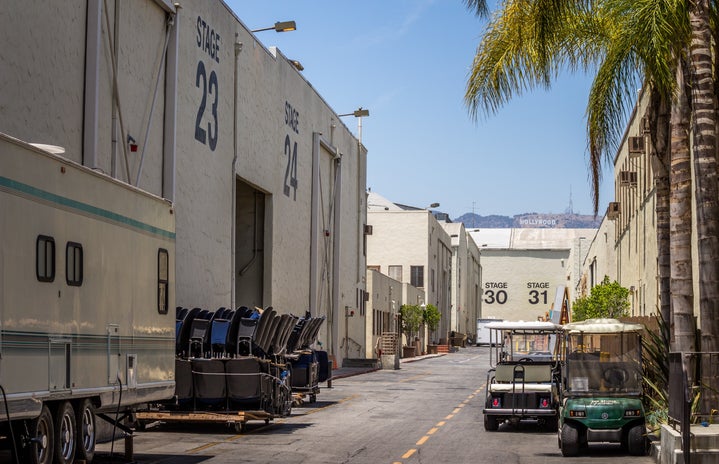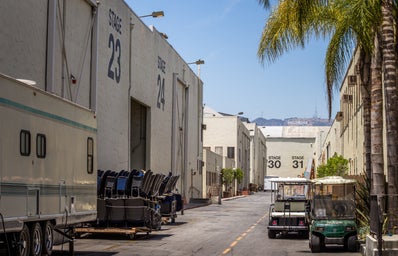There’s been a lot of news about writers striking in Hollywood. In fact, there’s generally been so much striking in the United States. CNBC reported that more than 200 strikes occurred in 2023, which is tough to parse.
So, I’ve done the digging, sorting and reading. Here’s what you absolutely need to know about the writers in Hollywood, their strike and the new deal that’s emerged.
What is a strike?
I know this feels obvious, but it’s important context to what has happened.
“A strike is an action taken by a group of employees who stop working in an attempt to pressure their employer into meeting their demands.”
Taryn Phaneuf
Strikes are often organized by labor unions, but not always. In the U.S. anyone can strike, no matter what.
In Hollywood, 11,500 writers across all aspects of entertainment are part of the Writers Guild of America (WGA). This labor union (the employees) decided to strike against the trade association (the employers) known as AMPTP – the Alliance of Motion Picture and Television Producers. When you think of the AMPTP think of Disney, Netflix, NBCU and another production companies, there are over 350.
When striking, workers don’t receive paychecks and, in most cases, unemployment benefits. This means that people might loose their insurance. The last time these two groups couldn’t reach an agreement, California’s economy lost $2.1 billion. The decision to go on strike is a big deal.
Why did the wga strike against the amptp?
Before this summer, writers in Hollywood didn’t strike for 15 years. What’s changed in that time? Simply, the introduction of streaming and AI.
Although streaming has created more jobs, the quality of these jobs decreased as studios attempted to cut costs. VOX adjusted for inflation and reported that the average writer and producer pay shrunk by 23 percent. The number of reasons as to why this happened could fill pages. What you need to know is that the WGA was striking for adjustments so that gap in pay isn’t so big.
Everyone has heard these next six words – AI is coming for your job. The writers of Hollywood worried about how it might challenge theirs. No one knows how AI will continue to develop.
“Part of the reasons the WGA has so much trouble with streaming is that nobody quite realized how the technology would morph and change, or how dominant it would become, so quickly.”
Alissa Wilkinson and Emily Stewart
AI’s potential to do the same is huge. And the WGA wasn’t going to make the same mistake.
So What HappeneD?
On April 17, 2023, 97 percent of the WGA voted to go on strike, should talks between their union and the AMPTP collapse. By May 1, the talks broke down, and a day later the WGA officially began striking.
Mid-summer, on July 14, the actors’ union began striking. Although that’s an entirely different story for an entirely different article, it’s important to note.
By August 4, nearly 100 days after announcing the strike, leaders of both organizations began to meet face-to-face.
On September 24, the writers and their production companies reached an agreement, 146 days after labor stoppage.
Two days later the strike officially ended.
What’s the deal with this new deal, and is the strike really over?
The full contract hasn’t been released, but in summary the WGA saw considerable success. Here’s what the union received:
- Protection against AI.
- Increased minimum wage and compensation.
- Increased pension and healthcare.
- Larger writing teams and new payment rules adapted to consider the introduction of streaming.
WGA leadership has approved the deal, writers are back at work and their strike is complete. Until members of the labor union accept the deal, however, it could still be rejected with a vote.
As I’ve learned, there’s much more to this whole topic than what I’ve just written, and what you’ve just read. But that’s Hollywood – simple and complicated at the same time.
Still InteresteD in Learning more? I’ve got you covered.
- Variety’s timeline of the first 100 days
- Vox’s article about the end of the strike
- Vulture’s “The 2023 Hollywood strike for Dummies”
- The Los Angeles Times’ overarching coverage about what happened, how it happened and it’s impact


